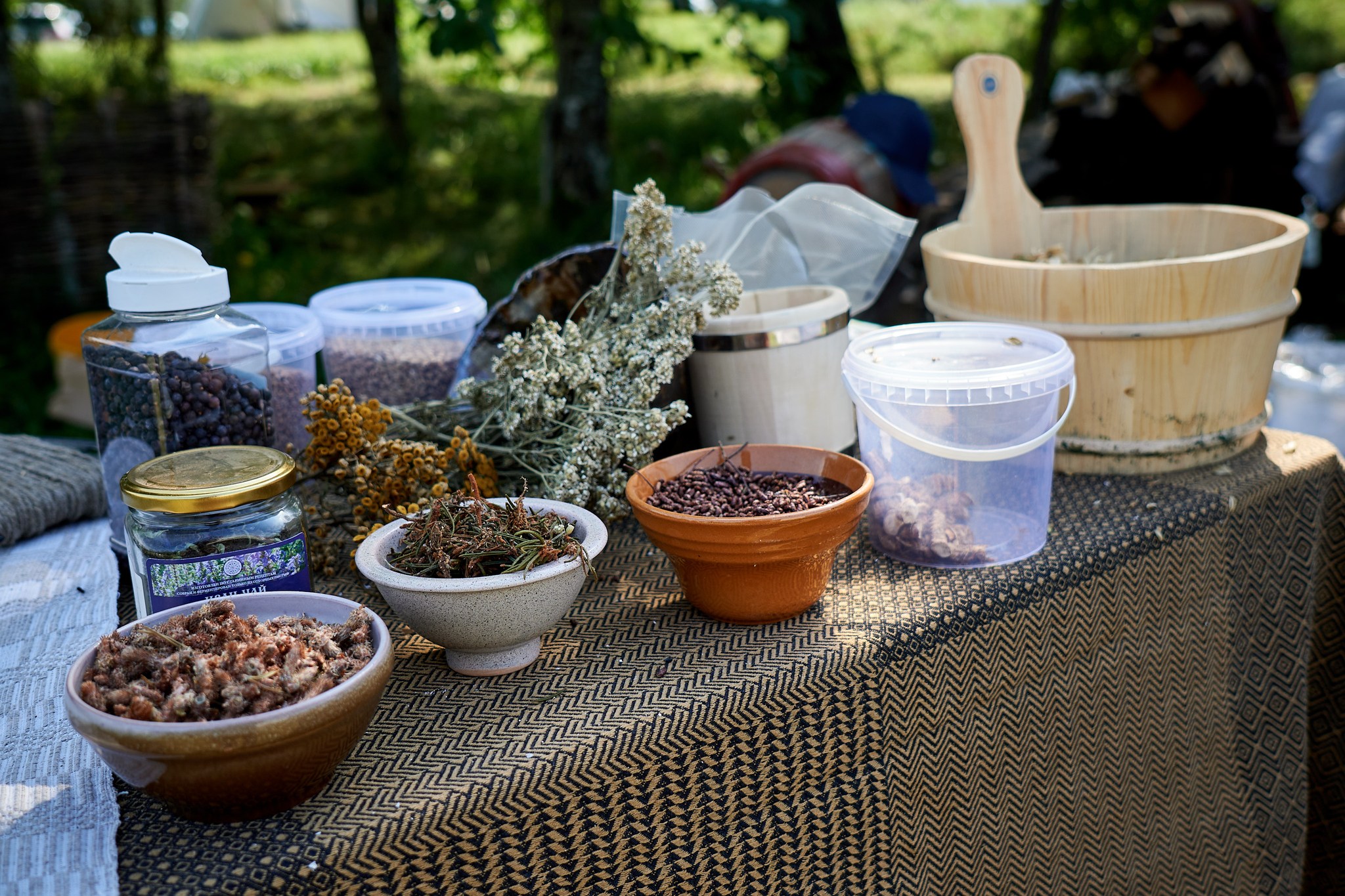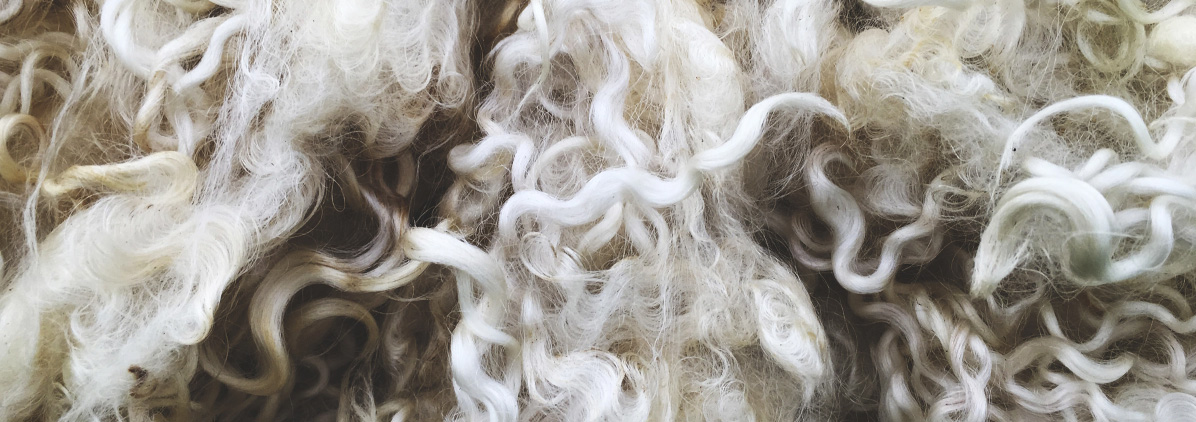
Fermented foods have a long tradition in Latvia and knowledge and skills about preparing food through fermentation have been transferred rather well from generation to generation until nowadays. However, fermentation is sometimes seen as a difficult process to master and the dishes not fitting the modern lifestyles. With the pilot project, managed by the interdisciplinary art group SERDE, focused on studying and showcasing traditional Latvian fermented foods and old food preservation methods. Activities included research, interviews, presentations, and culminated with the concept of the ‘Travelling Kitchen’ that delivered practical demonstrations of traditional recipes at public events.
Main goals of the project were to document stories about fermented food and to raise public awareness about the traditions especially among the younger generations. The project organiser, SERDE, is already experienced in collecting and documenting local oral history and folklore relating to diverse themes of history and living heritage. Through the pilot project they wished to focus on the old recipes for fermentation along with personal stories about, for example, how and when fermented foods were used.
In addition to the interviews and collecting oral history, there grew the idea of a Travelling Kitchen that could take the food traditions on the road and among public events to demonstrate to audiences at different national and regional festivals this tradition, sharing the skills and recipes, and, through interaction with the public, to gain understanding about the current situation of fermentation as living heritage.
The project started with studying and documenting traditional food preservation methods, particularly focusing on fermented foods like sour porridge, pickled cabbage, cucumbers, mushrooms, and berries. The methods included making interviews that were transcribed and even translated for making a publication in Latvian and English languages to introduce both the national and international audiences with traditional fermentation skills and stories.
The travelling kitchen concept, that was introduced at festivals, was developed to exhibit food heritage and to demonstrate the preparation. The concept turned out to be a success, gaining a lot of great feedback and ideas from the audience. The travelling kitchen was present at three different events. The demonstrations showed to audience in practice the preparing of fermented food according to old recipes. Taking the demonstrations to festivals allowed the visitors to stop by to watch and learn, to share of their own experiences, old recipes, or memories about fermented foods. People also had the opportunity to taste dishes prepared through fermentation.
The first event was held at the occasion of “Zobens un Lemess” festival, dedicated to metal music, in Bauska. The Travelling Kitchen was present in the “Old Village”, a part of the festival programme presenting various activities related to medieval, pagan, or ancient history, demonstrated the making of sour porridge and inviting passers-by to taste.
Another demonstration took place at the “Bandava” contemporary folk music festival in Kazdanga. There was a special focus on the local Curonian tribe that used to live in the area in the late Iron Age and beyond. Also here, there was offered as side event a constructed “ancient village” with a variety of demonstrations about historical craft skills and ways of life. The SERDE travelling kitchen gave a demonstration in the brewing of beer using an ancient method of a boiling process with stones heated in a fire.
The last presentation was organised at the Applethink event, which is the season-ending festivity for the SERDE’s residence centre in Aizpute recalling and celebrating past year’s achievements. In autumn 2023, the programme was enriched with several activities dedicated to fermentation and preserving the harvest: cooking sour porridge, processing sour milk into silage and cottage cheese, but also pressing apple juice, cooking apple jam, and making curd.
While working on the concept of the Travelling Kitchen, it was found that it would be necessary also to reconstruct the vessels in which foodstuff were traditionally stored. According to both collected stories and examples, simple shaped clay vessels were made, in which cabbages, cucumbers, mushrooms could be pickled, and berries and other products could be stored for the winter. Followingly, at the Applethink event there was offered a ceramics workshop, led by ceramic artist Sigita Olte, for making clay vessels for storing the harvest.
The first part of the project, the collecting and documenting of stories and oral history about preparing food through fermentation, was developed into the form of a booklet with contents both in Latvian and English. The practical demonstrations generated significant interest and involvement from diverse age groups. Despite challenges such as time constraints, the project provided valuable insights into safeguarding and reviving traditional culinary practices.
The concept of travelling kitchen proved to be impactful. Meeting and discussing with hundreds of people at demonstrations, getting feedback from stories, childhood memories, and different kitchen traditions in other parts of Latvia, inspired the organisers to continue with the kitchen project not only with fermented products but also with other forms of collecting stocks for the winter, such as canning, drying and otherwise processing foodstuff.
The pilot project gave a strong proof that food as a topic bring people together and allow them to share their memories and experiences in a free, relaxed atmosphere. It was also found that young generations are more interested in traditions and ecological ways of living than was expected during planning of the demonstrations. Therefore, the SERDE now aims to continue and develop the topic for the next couple of years.
The concept of the traveling kitchen is planned to continue with demonstrations or longer workshops about various ways of preparing food using some of the old recipes to raise awareness about Latvian food traditions especially among the younger generations, and to invite elder generations to share of their experiences and memories. In short, the pilot project succeeded to lay the foundation for further exploration and development of traditional Latvian cuisine. It demonstrated the importance of safeguarding culinary heritage and the potential for future initiatives to educate and inspire people about old food traditions. The traveling kitchen concept remains relevant for sharing knowledge and experiences across different generations at various festivals and events.
Pilot project manager: Interdisciplinary art group SERDE http://www.serde.lv/
